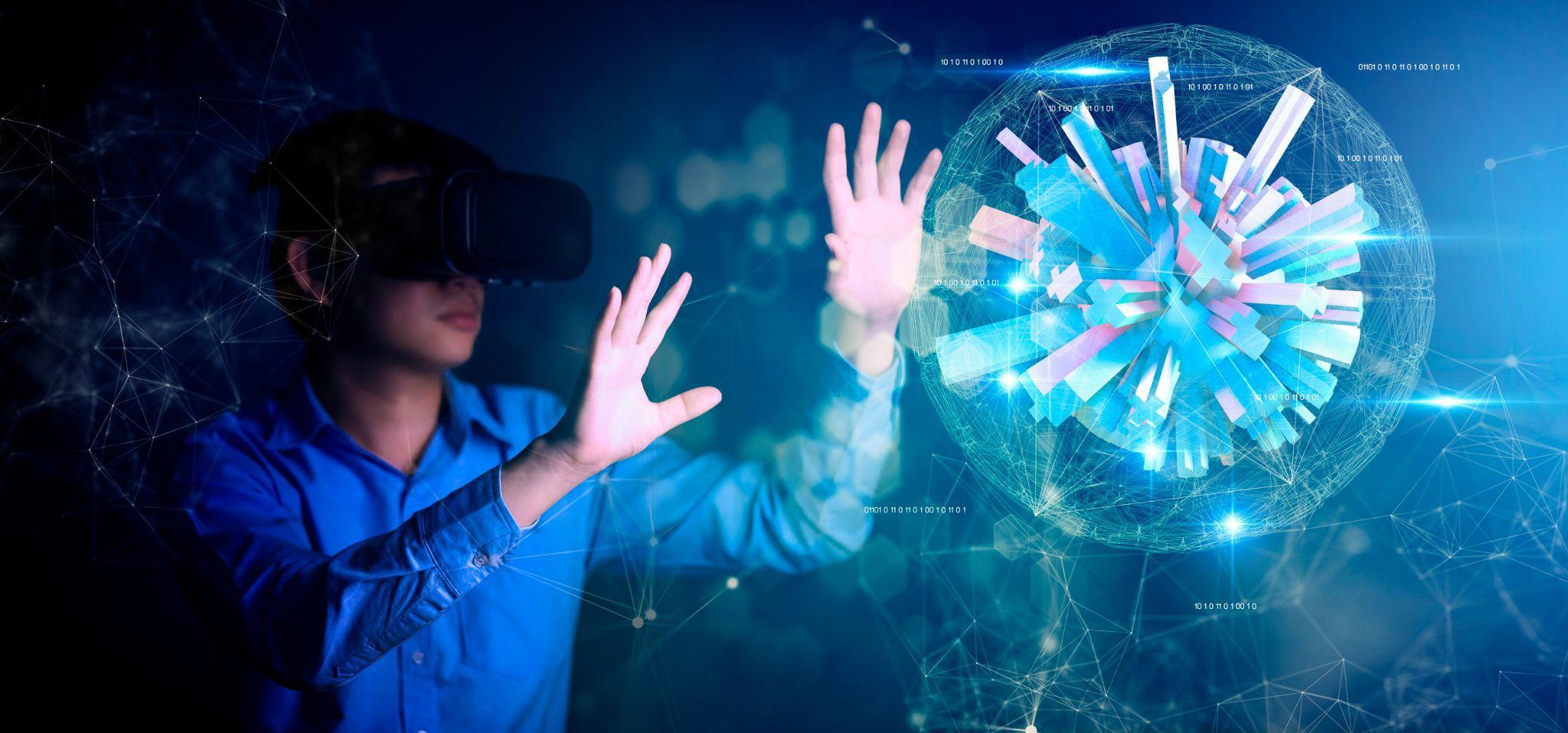The Future of the Multiverse from HoloLens expert Alex Kipman

If you were to go back in time 60 years and ask someone how they think the future would look, the most likely answer would involve flying cars, robots, and some form of augmented reality. If you were to ask someone today what their vision of the future is, the answer would again most likely involve some form of augmented reality. It is an inevitability, and Alex Kipman believes that this future will be bright, and there are many things that are being put in place to enrich our lives through it.
Alex Kipman: What's in Store?
Alex Kipman is an innovator and knew from an early age his passion would direct him towards tech, specifically, creating new experiences that were never thought possible before. Kipman pioneered such technologies as the Knect in 2010 and the HoloLens in 2016 and has over 150 patents attributed to his name, placing him as the lead (or primary) inventor of many technologies we are using today.
Alex Kipman's breakthrough in Kinect put him on the world stage and he entered Microsoft's Hall of Legends in 2011 - recognizing him as one of the key individuals responsible for creating an initiative that disrupted and innovated in the technology industry. With various accolades and patents revolving around virtual reality, augmented reality, and any mix of the two, Kipman believes that the Metaverse is the future, and is currently focusing on using his expertise to create proper guidelines in an environment that is set to change the world forever.
What is the Metaverse, and How Can it Benefit Us?
Kipman says that the Metaverse will be a "3D universe where the boundaries between physical and virtual reality are dissolved". He goes on to say that this is no longer the stuff of films, but actually being created before our very eyes.
The concept is simple, yet complex. While most confuse the definition of the Metaverse, Alex Kipman offers an apt explanation for the skeptics and enthusiasts alike:
“Metaverse comes from the prefix meta (meaning beyond) and verse, a shortened form of universe. The term refers to the concept of a virtual shared space – in essence, a world where reality could be virtually enhanced.
For example, imagine walking down the street. Suddenly, you see something you want. You glance at it and gesture to it and immediately next to you a vending machine appears, filled with the product and variations you were glancing at. You stop, pick an item from the vending machine, the item is then shipped to your house, and you continue on your way.
The Metaverse should benefit all of us, it should expand our access, opportunity, social networks, and mental health — though that future depends to a great extent on how we, the creators, implement it, and today a lot of the good the metaverse can do is still speculative and depends on a confluence of events, ethics, and openness.”





